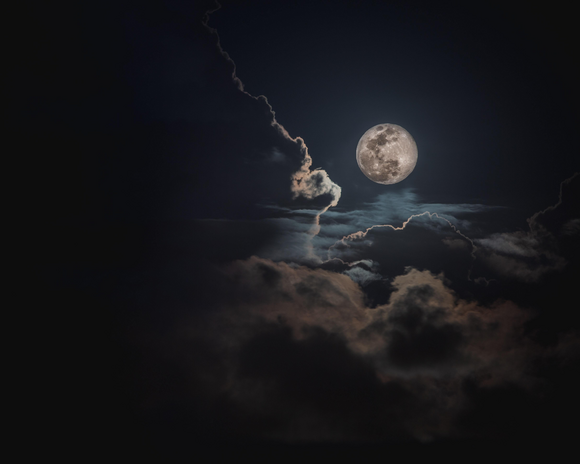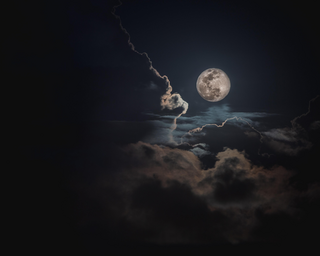When we experience reckless drivers, boisterous metro users, or unusual behavior, we frequently attribute it to the full moon. It’s a myth that reaches back to the first century, when Roman historian Pliny the Elder and Greek philosopher Aristotle claimed that a full moon brought insanity throughout the territory. In other words, according to Aristotle and Pliny the Elder, the moon might produce insanity, epilepsy, or madness episodes.
Even though individuals have long blamed the moon for misfortune, mood swings, and supernatural events, scientific research continues to suggest correlation rather than causation. Regardless of what science demonstrates, some people continue to trust in the moon’s power because of its importance in many spiritual activities and ceremonies, as well as its connections to mythology and Halloween. Additionally, some claim that the moon’s influence on humanity may be linked back to our ancestors.
For instance, since the human body is composed of 70% water, it experiences tidal movements induced by the moon’s phases, exactly like Earth’s seas, according to Psychiatrist Arnold Lieber. He argues that the number of homicides, suicides, and severe assaults rises considerably during a full moon.
Consequently, a meta-analysis of 37 studies relating moon cycles to suicides, delinquencies, and mental problems was undertaken in 1985. The findings indicate that there is no link between the full moon and a surge in these events.
Despite the fact that science has refuted numerous moon myths, people continue to believe in aspects of legend that are not based on evidence. Nonetheless, we may still enjoy the eerie emotions of a full moon in October.


